In Part I of this two-part blog series, we started discussing how President Trump could influence and shape the future of labor and employment. Please feel free to review that segment, too, after reading this segment.
As previously mentioned in Part I, Trump does have certain executive powers he can use to influence labor policies. For changes in laws that do not have to be passed by Congress, as well as those which do not benefit public safety, he has mentioned he would create a new moratorium, where for every new labor rule or regulation, two existing rules or regulations must be dissolved.
This form of deregulation would essentially empower businesses to have access to additional revenue streams and allow them to reinvest in their operations, potentially create new jobs, and enable future growth.
One of the most important impacts Trump will have on labor and employment laws is the appointment of Supreme Court justices. During his time in office, he could easily have the opportunity to nominate and appointment as many as four new justices. The appointment of the new justices will have long-lasting effects on important labor issues reviewed and ruled upon by the Court.
In regards to OSHA, it is expected that Trump will loosen the reins of control the agency has had under the Obama Administration. Many anticipate Trump’s approach will be similar to those under President George W. Bush, where OSHA tended to lend assistance and developed cooperative programs.
One key area Trump is likely to address foremost, after taking office, is immigration. Trump has long been against illegal immigrants taking jobs away from others. It is expected that Trump will overturn Obama’s executive orders on immigration the moment he takes office, as well as implement steps to enforce existing laws.
In addition, Trump says he has plans to develop new controls to ensure qualified citizens have access to jobs currently being filled by illegal immigrants. Part of this plan will also include reforms to limit the number of legal immigrants being offered positions through current legal methods.
For labor unions, there could possibly be tough times ahead. While Trump has experience working with unions and developing positive relationships, it is not expected for all unions to be as open and accommodating, especially if he is loosening regulations and controls already in place designed to protect unions.
Employees and employers can expect some changes to occur quickly and swiftly after Trump takes office as our next president. However, other changes and reforms will take longer to implement if they require a new piece of legislation to be introduced.

Last, do not forget the power Washington DC lobbyists can have, even on those issues that would oppose the reforms Trump wants to make. For more information about lobbying, call LobbyIt now, at 202.587.2736, and make sure your voice on labor and employment issues is heard.
Sources

